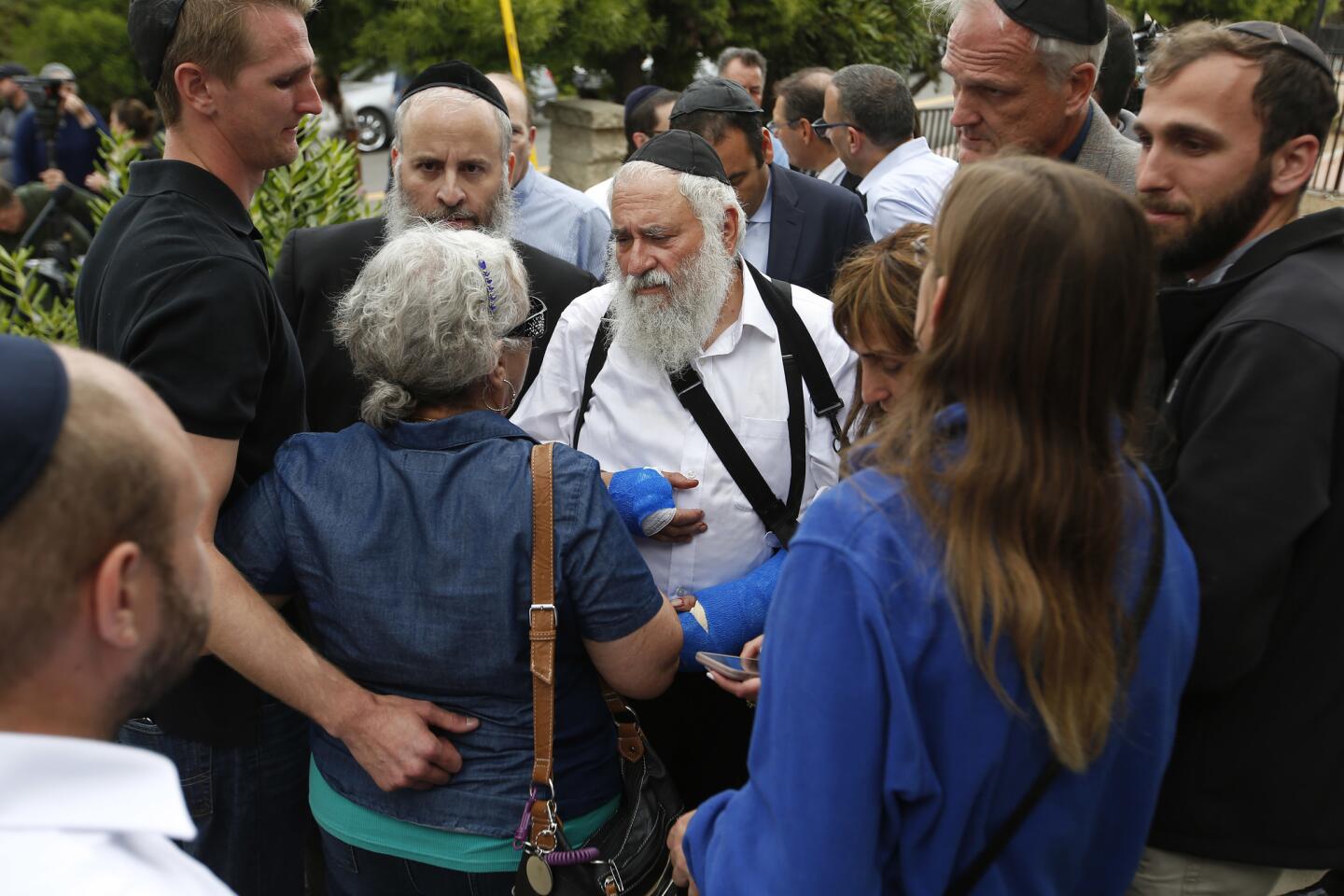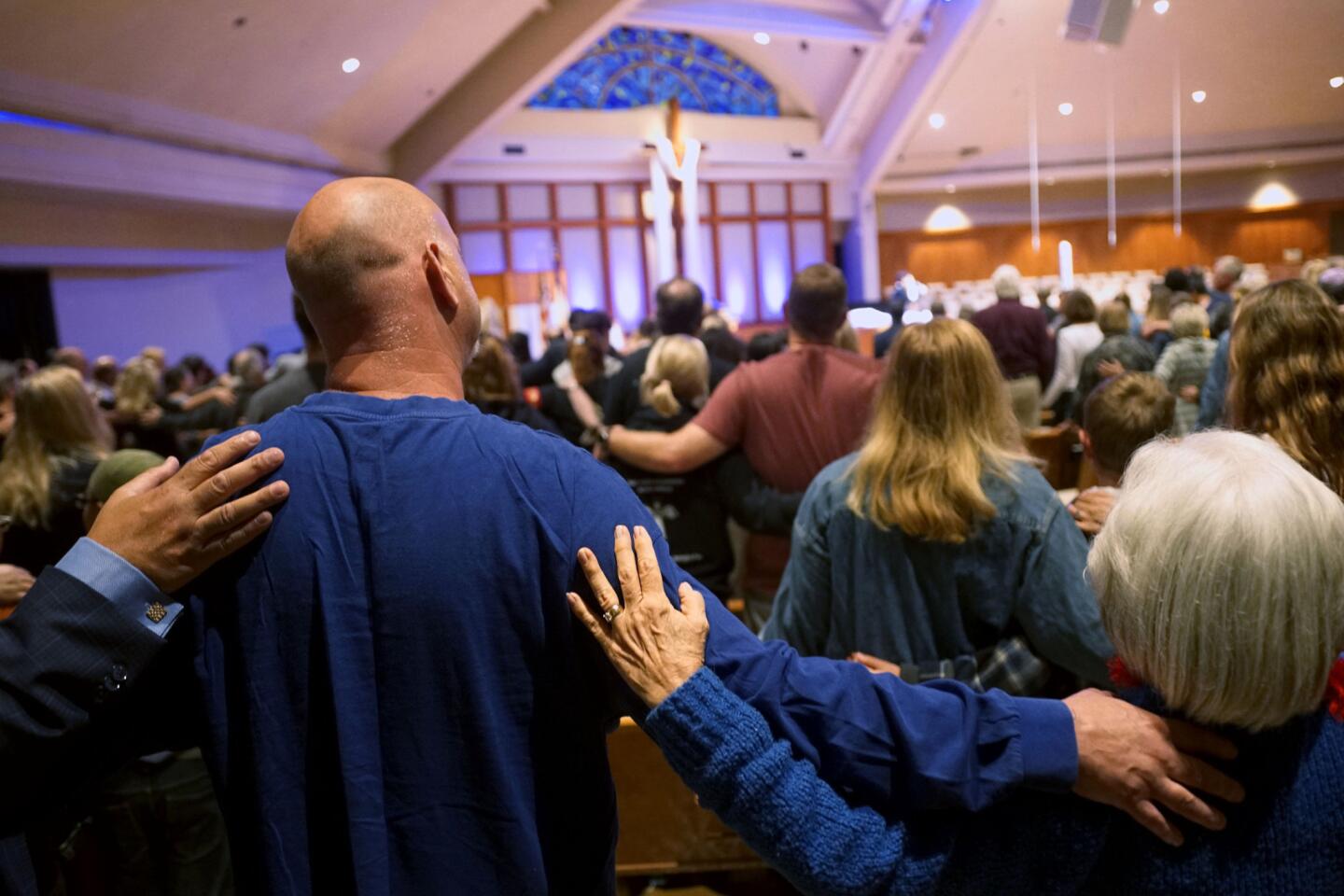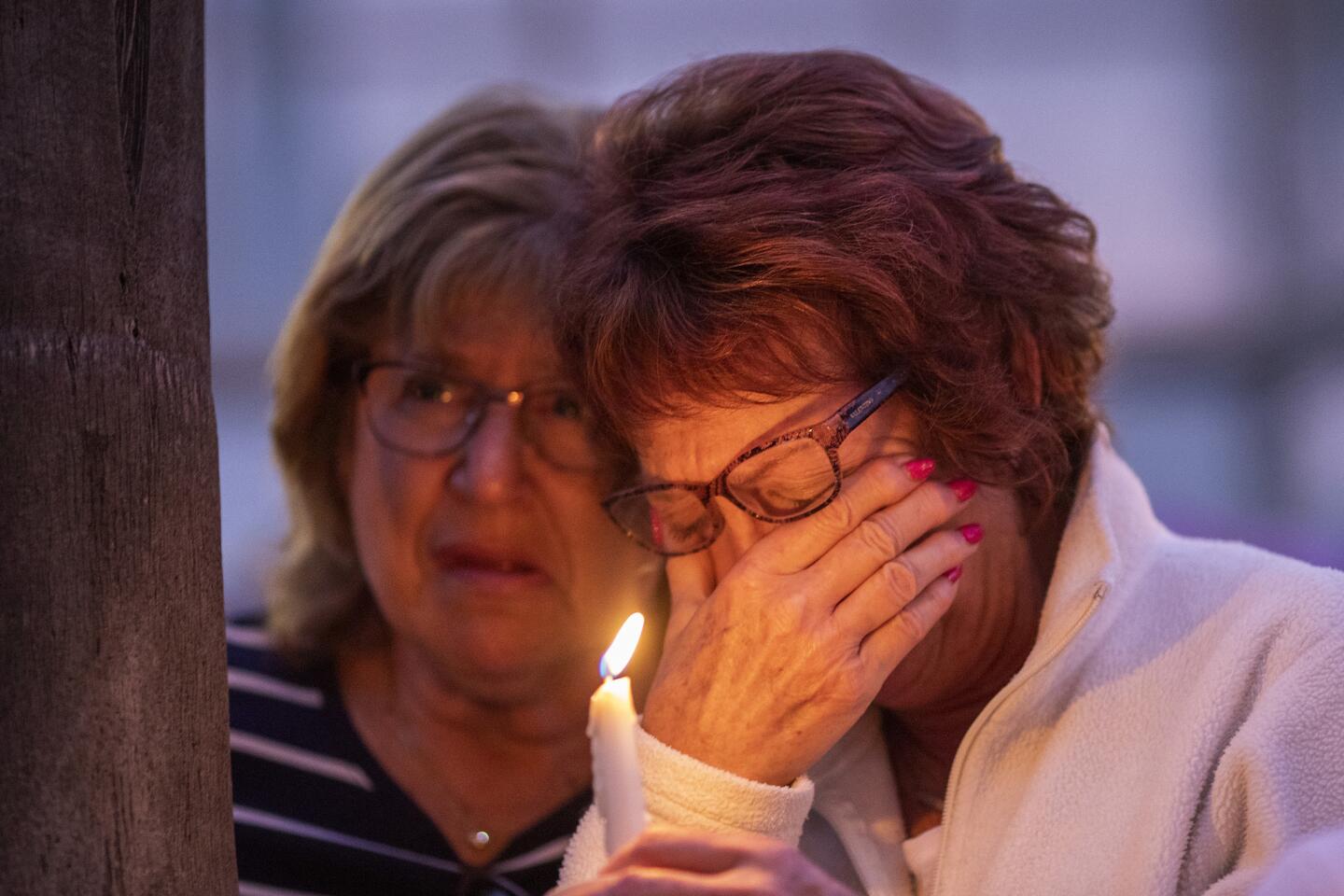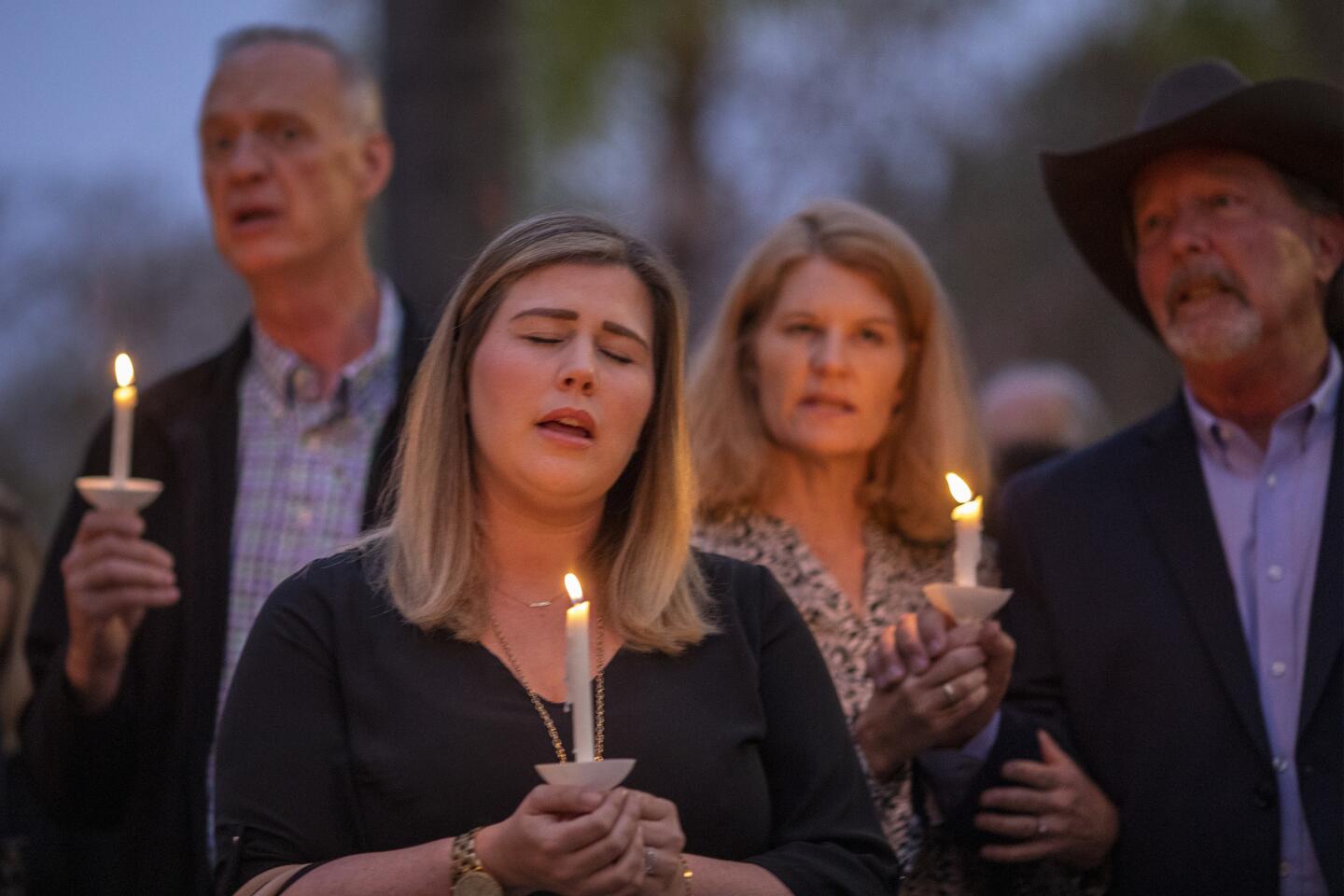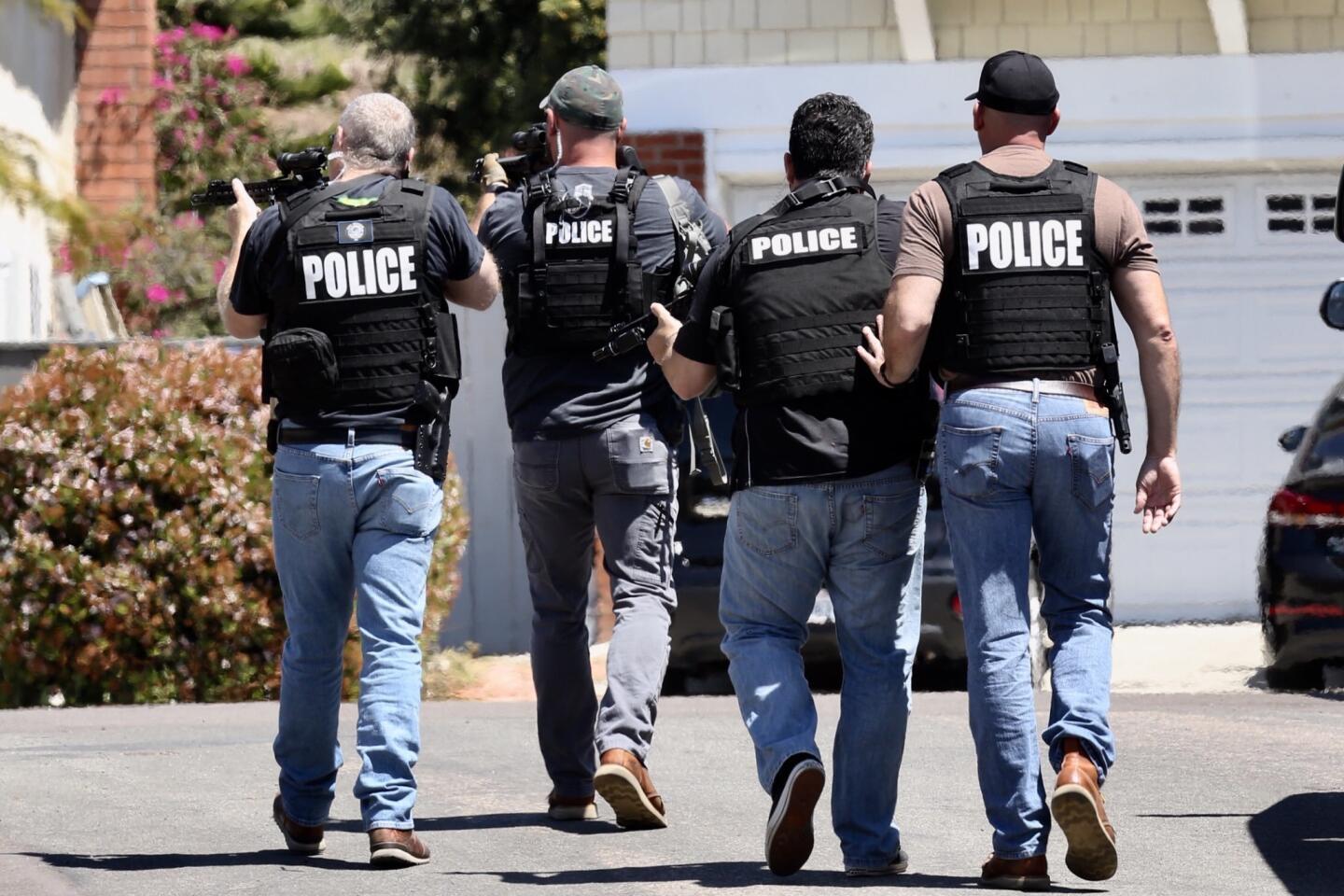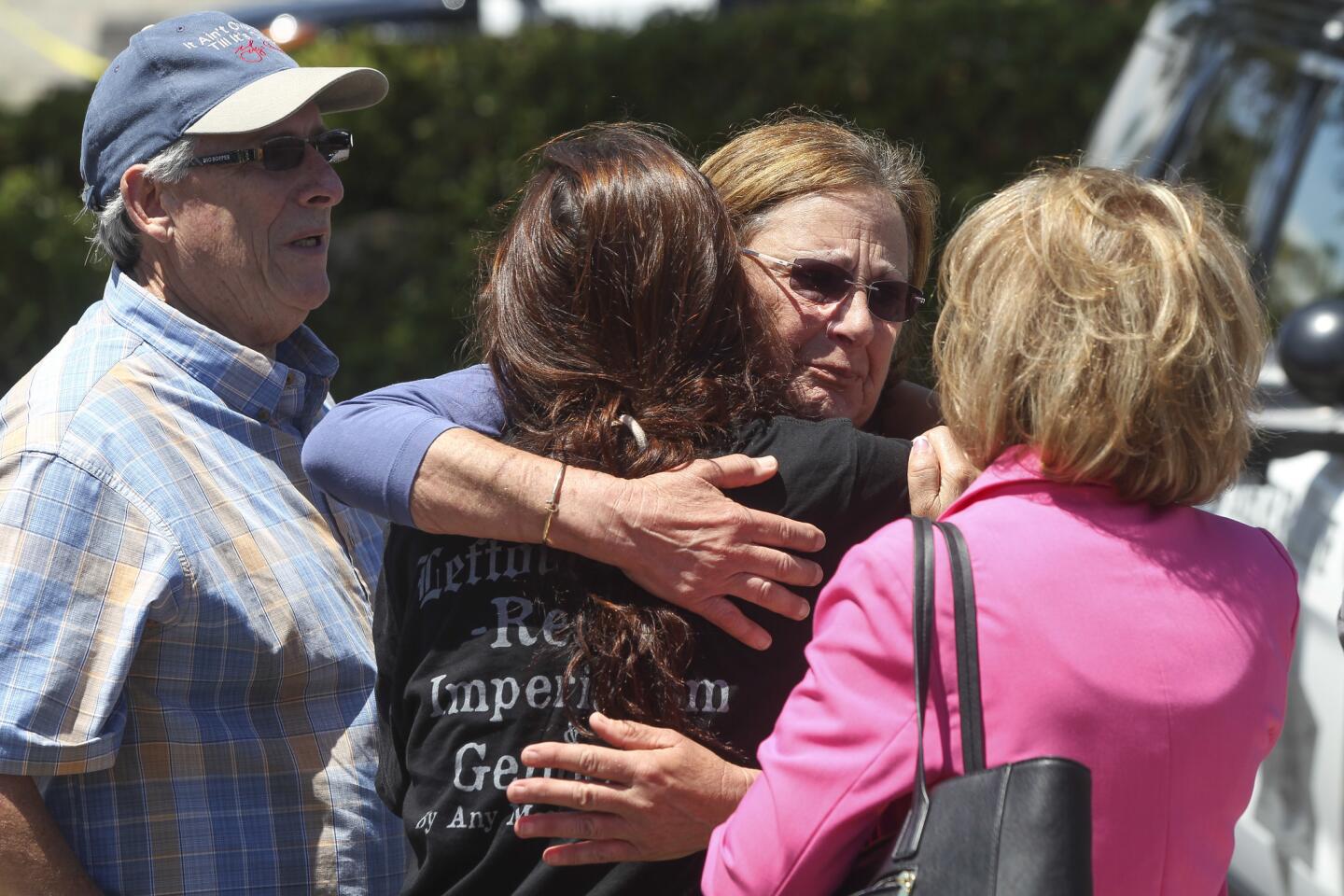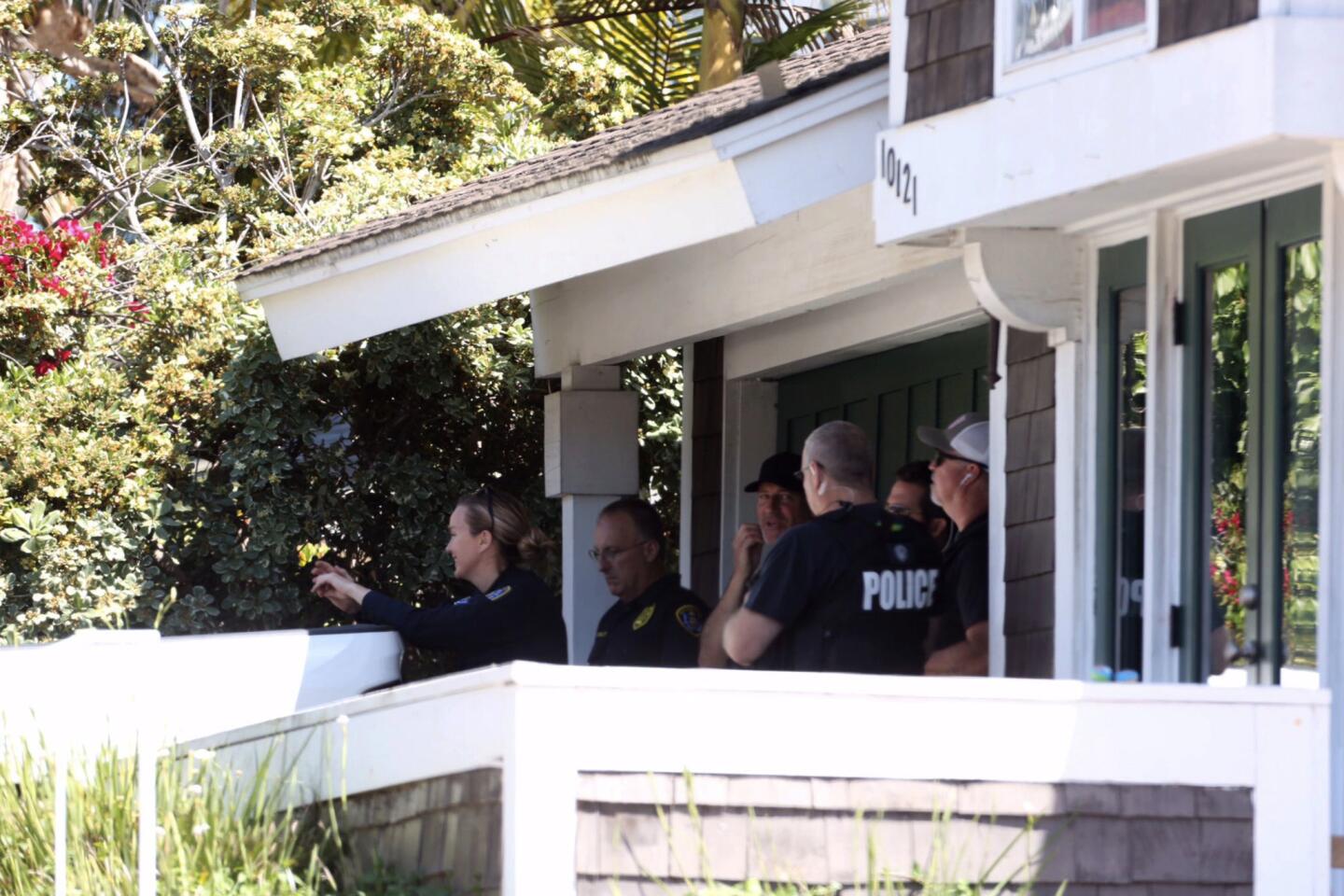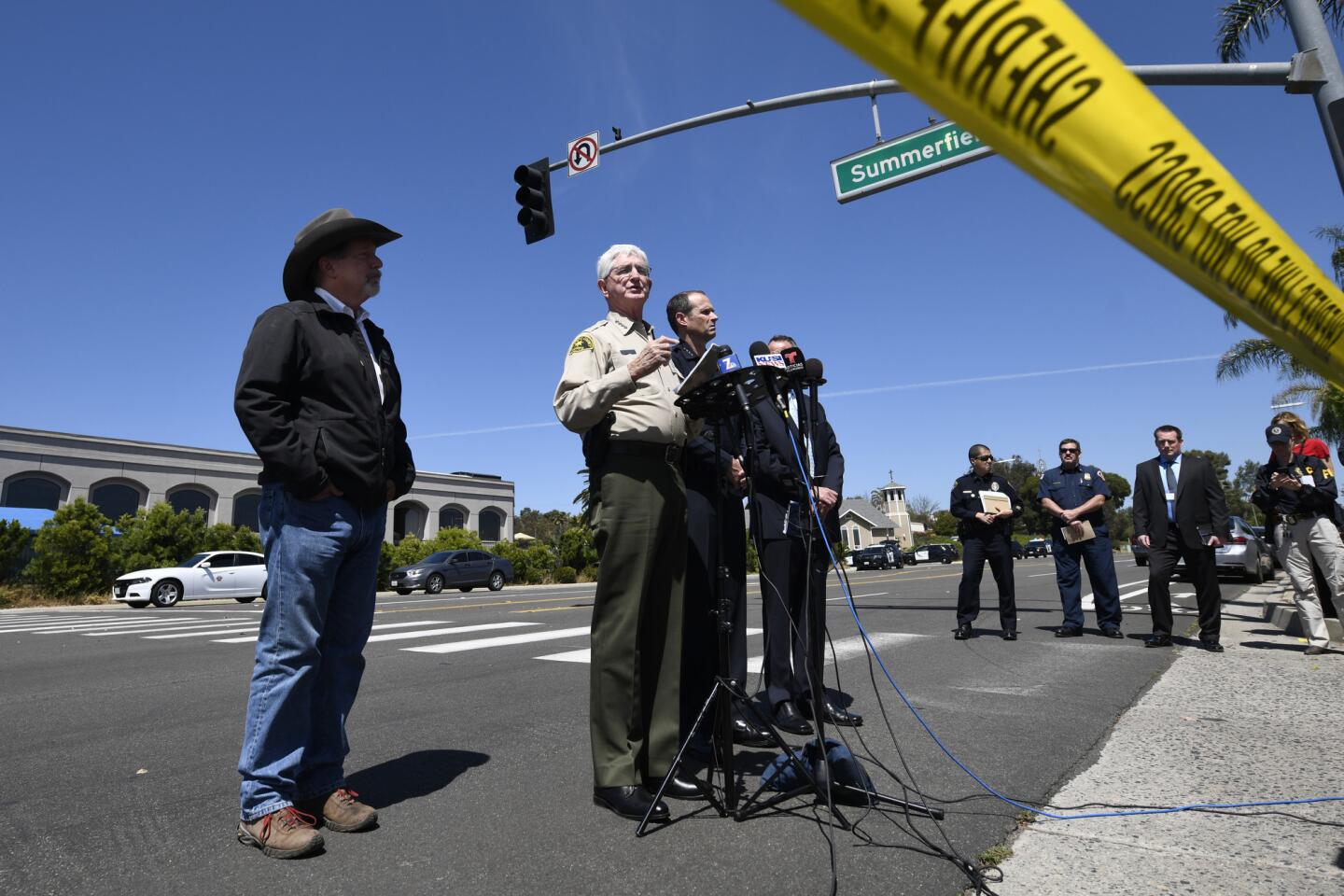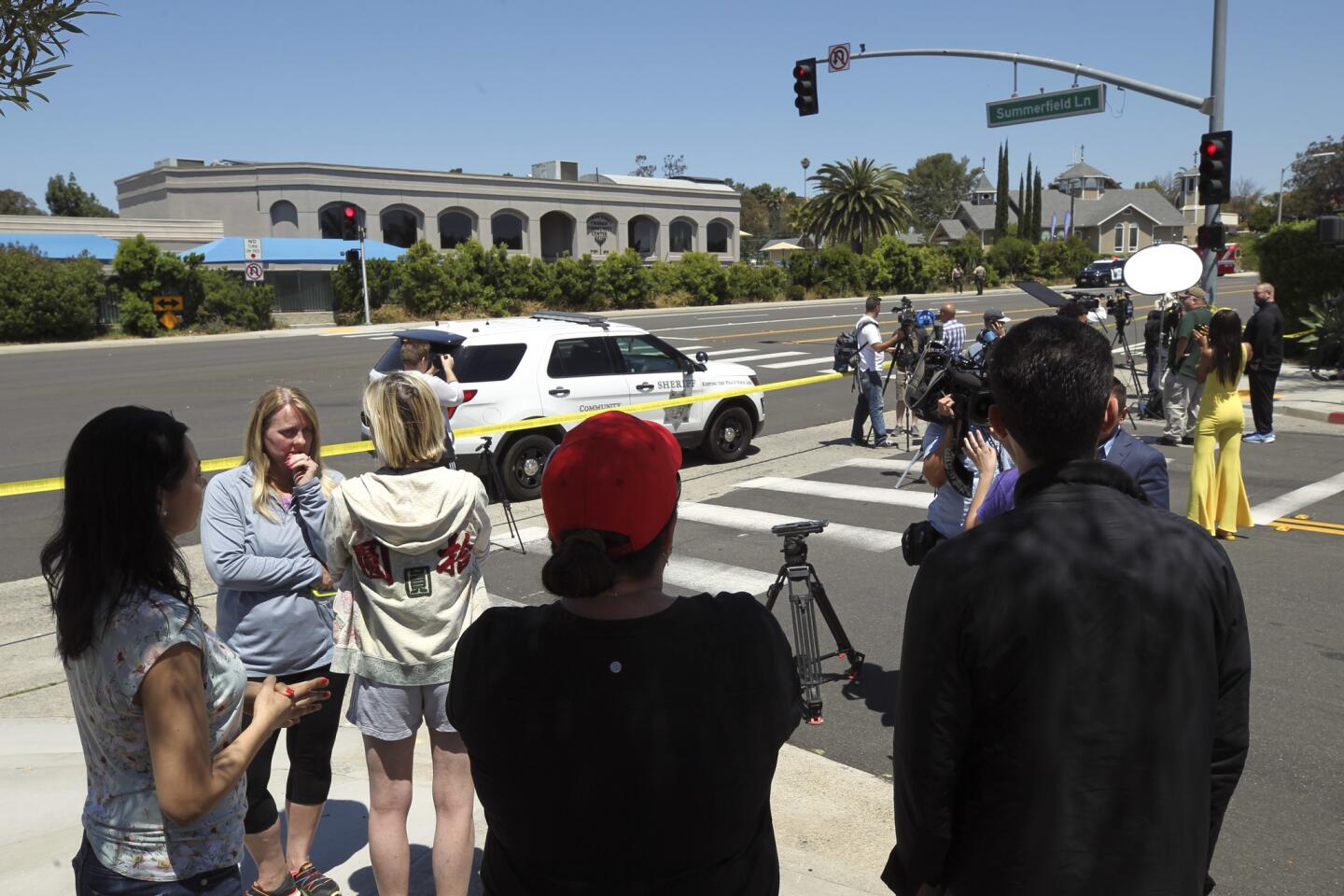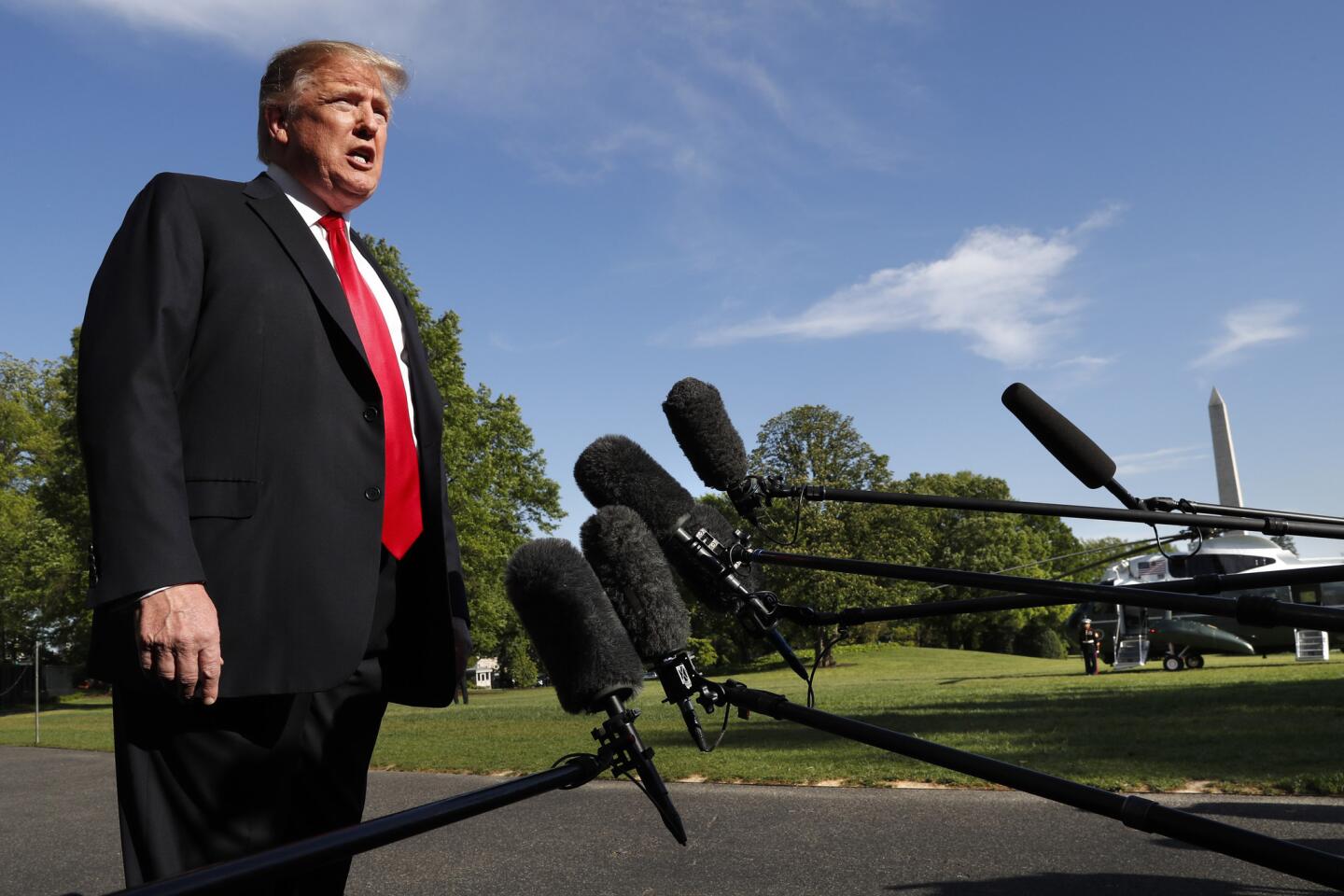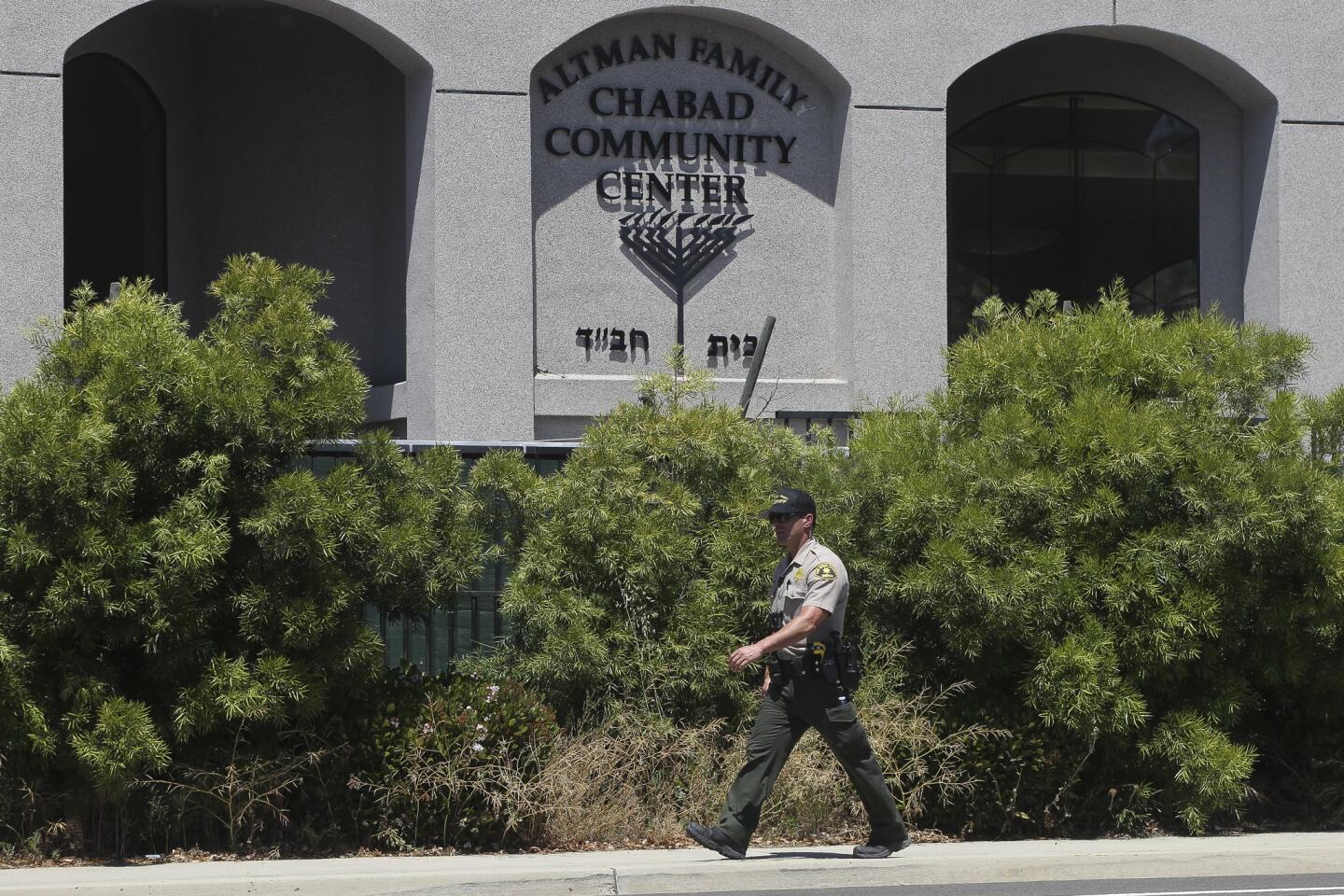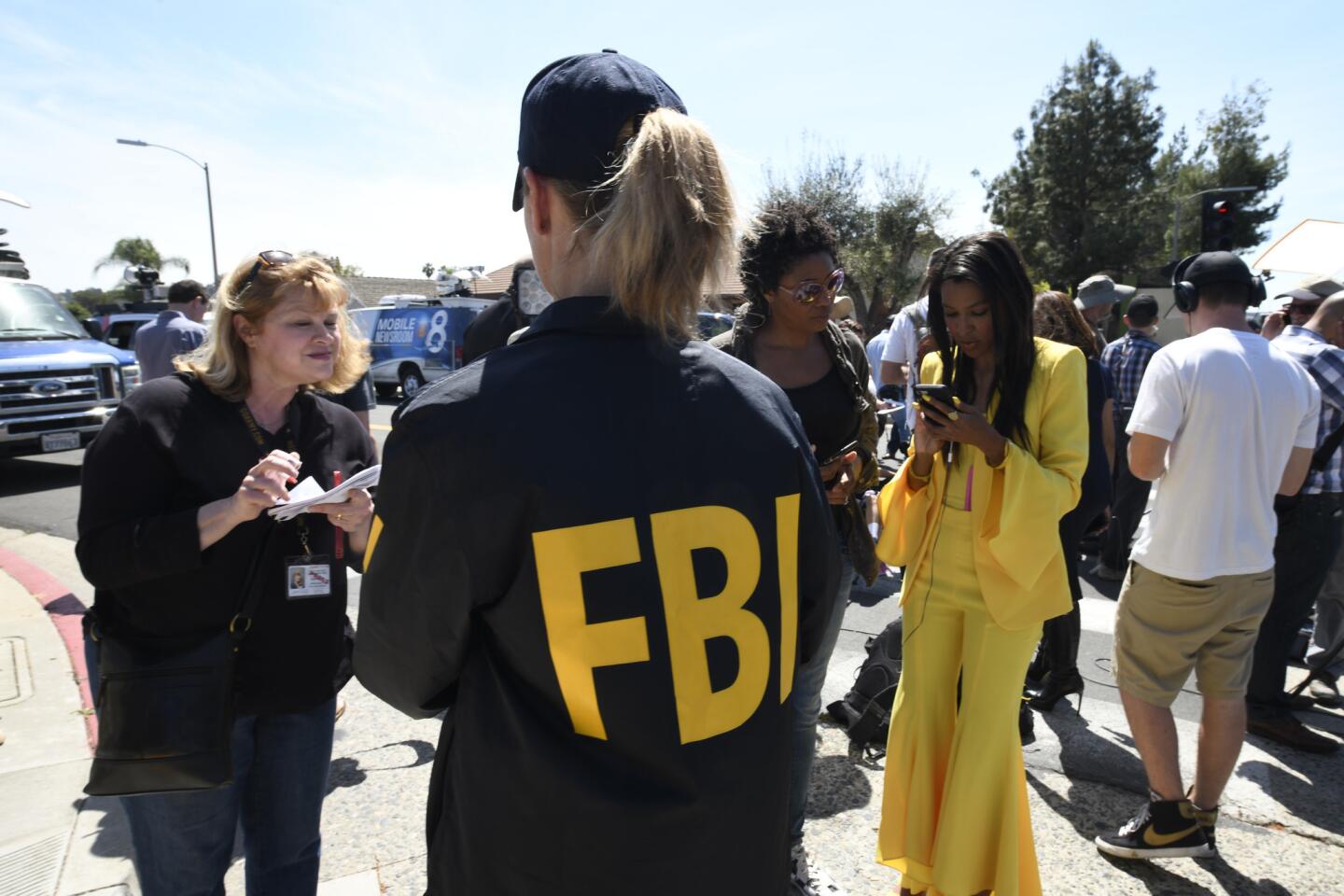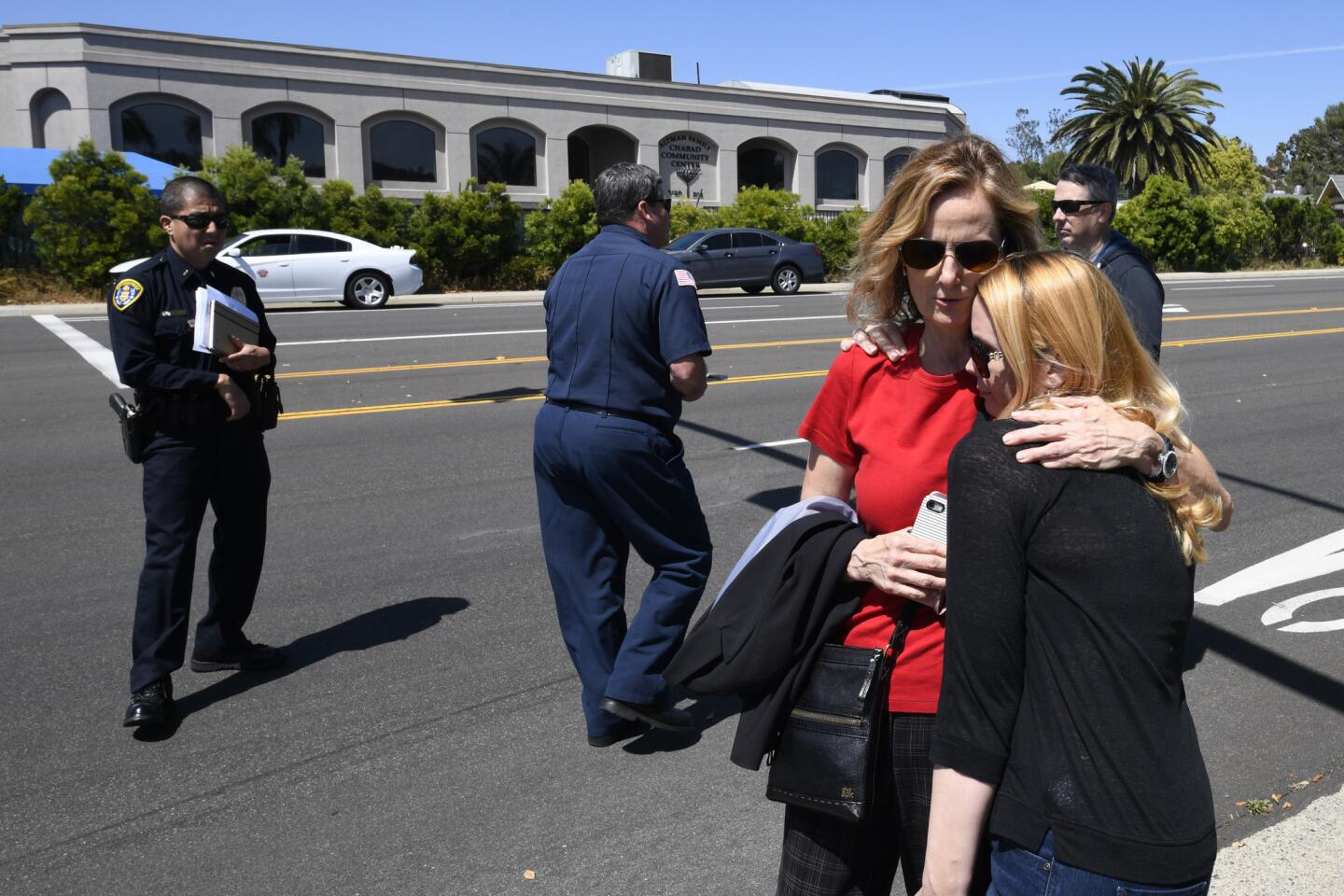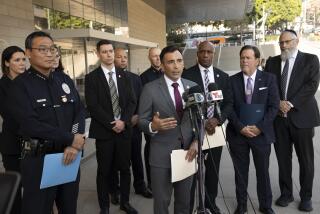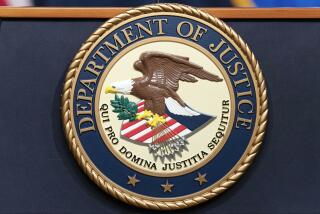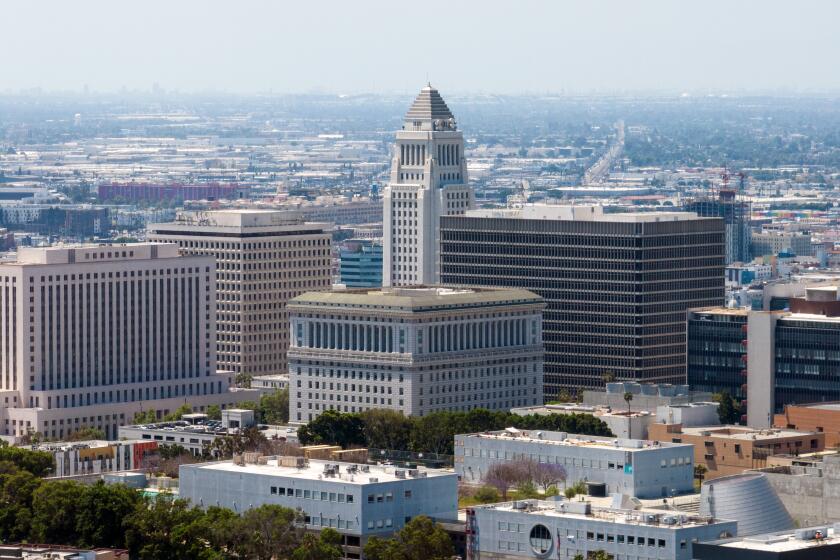Poway synagogue shooting suspect linked to anti-Semitic internet manifesto
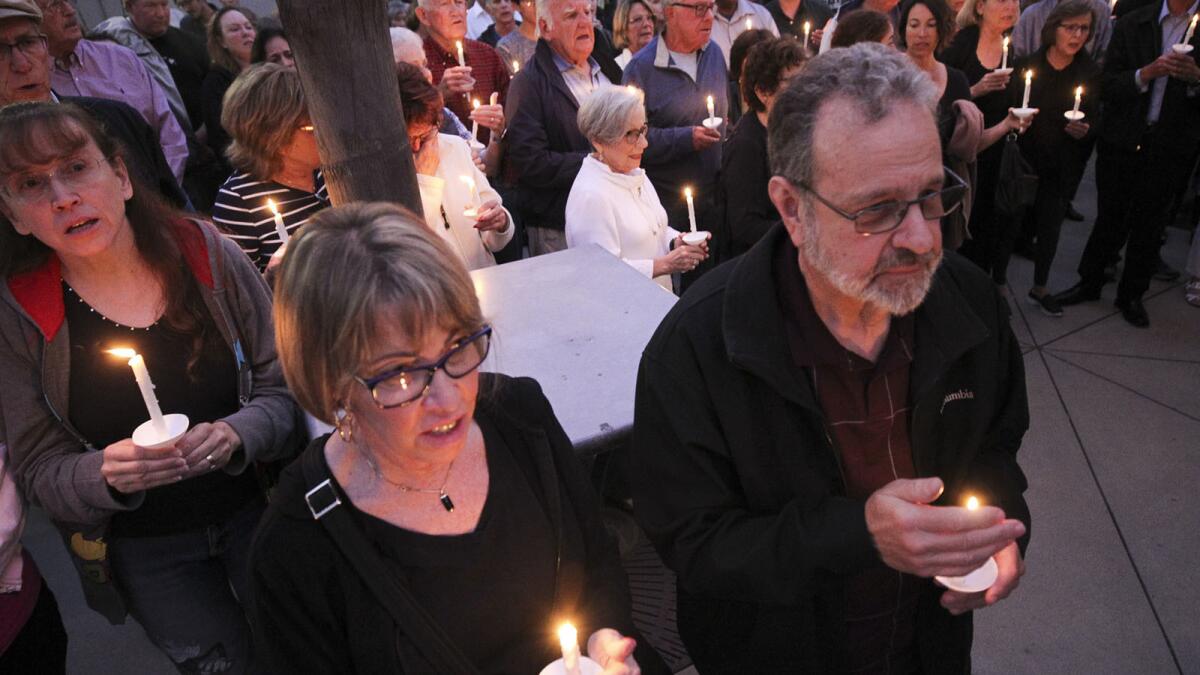
For weeks, John T. Earnest allegedly planned his attack on the Poway synagogue, inspired by the horrific acts that preceded him — mass shootings at a synagogue in Pittsburgh and at two mosques in New Zealand.
On Saturday, the last day of Passover, police said the 19-year-old stepped into the Chabad of Poway armed with a semi-automatic rifle and opened fire.
Authorities say Earnest is suspected of killing one person and injuring three others in the synagogue, which was founded in 1986 in the suburban community about 20 miles north of San Diego.
The shooting came during one of the most sacred holidays in the Jewish faith. The eight-day festival of Passover commemorates the freedom of the Israelites from slavery in ancient Egypt and is typically observed with a number of rituals, including Seder meals and the sharing of the Exodus story.
Poway Mayor Steve Vaus called the violence a “hate crime,” based on statements the shooter was heard making as he entered the temple.
RELATED: Deadly attack at San Diego-area synagogue underscores rise in anti-Jewish hate »
Earnest appears to have left behind a nine-page manifesto filled with racist rants and details of his personal life. The Rancho Peñasquitos resident wrote that he is a nursing student from the “depths” of California.
In the document, titled “an open letter,” Earnest said he was inspired by Brenton Tarrant, the Australian white nationalist who killed 50 people in attacks on mosques in Christchurch, New Zealand on March 15. It was the worst mass shooting in the country’s modern history.
That shooting, Earnest wrote, led to his decision four weeks ago to attack the Chabad.
“How long did it take you to plan the attack? Four weeks. Four weeks ago, I decided I was doing this. Four weeks later, I did it,” he wrote.
His anti-Semitic letter revealed his “disgust” for Jews and a desire to kill them. The writer, who is white, said he was willing to sacrifice his future “for the sake of my people.”
The suspect also championed Robert Bowers — who killed 11 people and wounded six more in the Tree of Life shooting in Pittsburgh six months ago — as well as Adolf Hitler.
The writer identifies himself as a man of European descent. He does not claim any political labels, but asserts that Jews seek to “doom” the white race.
His screed, which is filled with quotes from the Bible, also appears to take credit for arson at an Escondido mosque the week after the New Zealand shootings.
Brian Levin, director of the Center for the Study of Hate and Extremism at Cal State San Bernardino, said that since 1992 there have only been four years in which hate crimes against a religion exceeded 20% of all hate crimes. Three of those four years were recent: 2015, 2016 and 2017, he said.
Until recently, Levin said, such large-scale attacks were passed on through “propaganda of the deed” — an act in which the violence itself serves as a siren call for more violence.
“Now we are seeing a propaganda of the deed 2.0, where violent assailants want to commit acts, but also publicize it themselves,” he said, referring to the act of streaming shooting such as the New Zealand terrorist attack. “It’s a chain, almost like fan club of like-minded violent people.”
RELATED: Poway’s Jewish community ‘so completely fed up’ after synagogue shooting »
In a Q-and-A style section of his letter, Earnest eschews a single political ideology, asserting that he does not support President Trump because of his support for Israel.
President Trump offered condolences to the Poway victims and their families from the White House lawn Saturday.
“At this moment it looks like a hate crime,” he said. “My deepest sympathies to all of those affected. And we’ll get to the bottom of it.”
Part of the manifesto was directed at Earnest’s family and friends, to whom he explains his reasons for the attack. He later notes that his ideology was not inherited from his family.
“I willingly sacrifice my future...for the sake of my people,” he wrote.
Earnest said he did not consider himself a terrorist — he claims he is a “normal dude” who wants to have a family, “help heal people and play the piano” — and wrote that he felt no remorse for his actions.
He noted that if he was not killed in the attack, he expected “to be freed from prison and continue the fight.”
For Jonathan Greenblatt, chief executive of the Anti-Defamation League, the attack represents “the strain of anti-Semitism coming from the extreme right, through so-called white supremacists.”
Saturday’s violence, like the attack in Pittsburgh before it, is a “particularly deadly strain of this virus,” he said.
“This wasn’t just an attack on a Chabad congregation, this really was a crime committed against Jewish communities around the world,” he said.
The ADL has tracked anti-Semitic incidents since 1979, drawing on reports from victims, police and news publications. The biggest all-time annual jump came in 2017, when the tally climbed 57% to 1,986 incidents.
“Anti-Semitism isn’t new,” Greenblatt said. “It’s often called the oldest hatred.”
San Diego Union-Tribune reporters Kristina Davis, J. Harry Jones and John Wilkens contributed to this report.
More to Read
Sign up for Essential California
The most important California stories and recommendations in your inbox every morning.
You may occasionally receive promotional content from the Los Angeles Times.

